Granite and quartz are two of the most popular materials used in kitchen and bathroom countertops. They are both durable, beautiful, and add value to a home. However, they are not the same and have some differences that homeowners should be aware of when making their choice.
- Composition:
Granite is a natural stone that is mined from the earth. It is composed of various minerals such as feldspar, quartz, and mica, which give it its unique color and pattern. Granite is porous, which means it needs to be sealed regularly to prevent staining and damage from moisture.
Quartz, on the other hand, is an engineered stone made from a combination of ground quartz crystals, resins, and pigments. Because it is engineered, the color and pattern of quartz can be more consistent than granite. It is also non-porous, which means it is resistant to stains and does not require sealing.
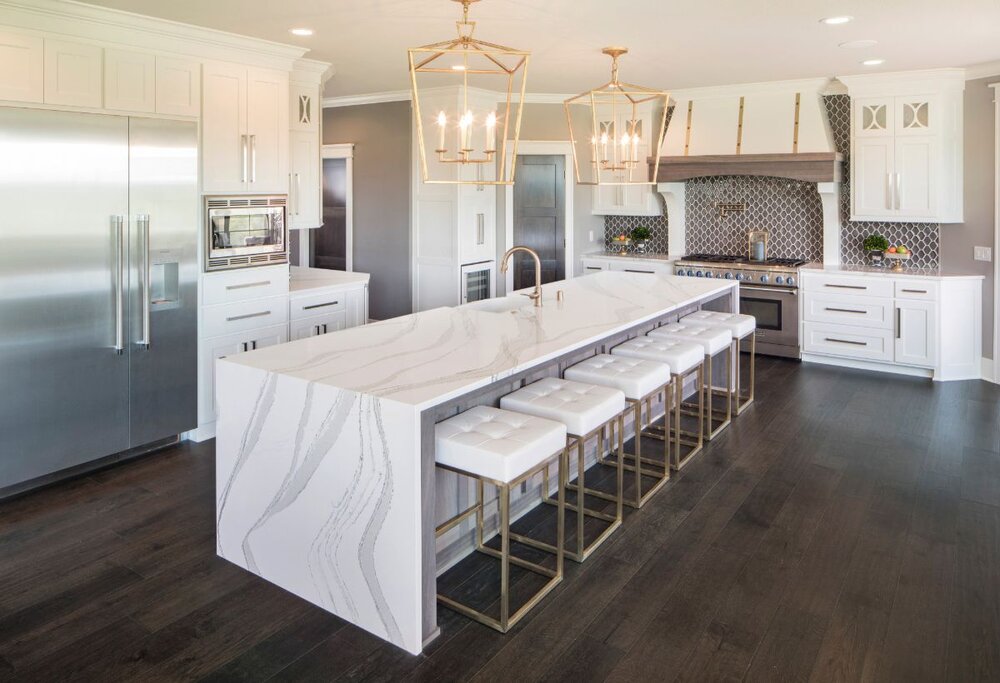
- Appearance:
Granite and quartz both come in a variety of colors and patterns, making them versatile materials for any kitchen or bathroom design. However, granite tends to have a more natural and unique look with veining and speckles that cannot be replicated. Quartz can have a more consistent and uniform appearance, but it can also mimic the look of natural stone.
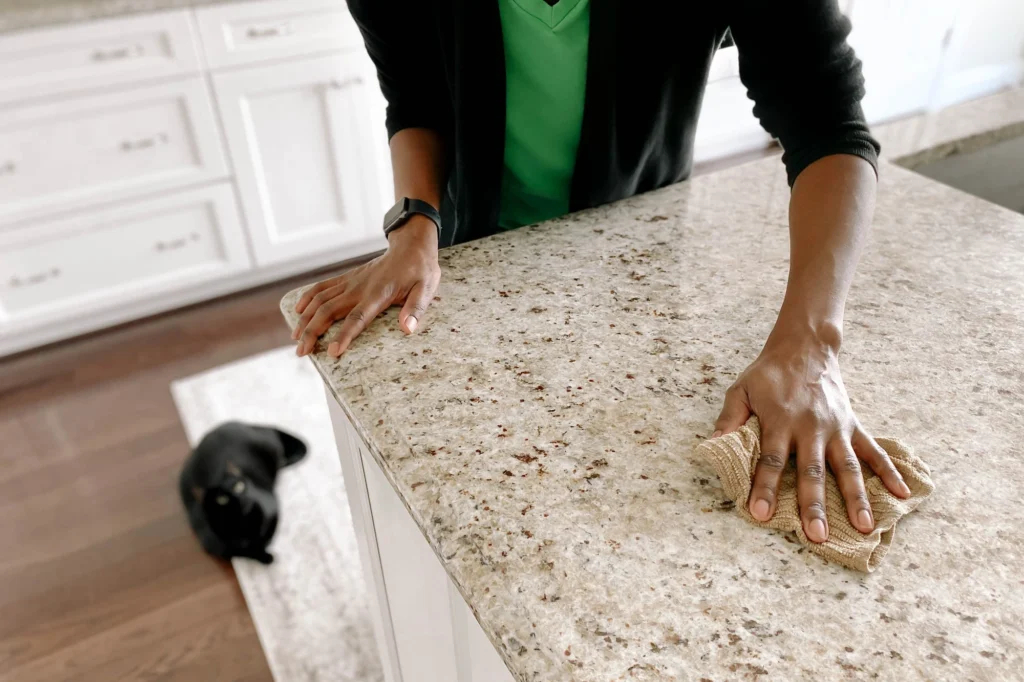
- Durability:
Both granite and quartz are durable materials that can last a lifetime if properly cared for. Granite is known for its resistance to heat, scratches, and chips. However, it is porous and can be susceptible to staining and damage from acidic substances. Quartz is non-porous and resistant to stains and scratches. However, it can be damaged by high temperatures, so it is important to use trivets or hot pads.
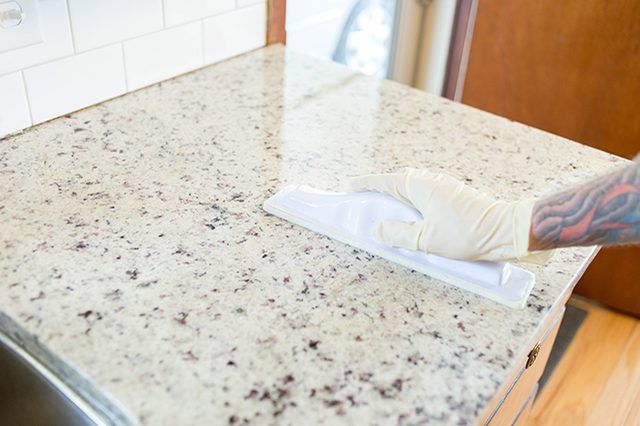
- Maintenance:
Granite requires regular sealing to prevent staining and damage from moisture. It also needs to be cleaned with a mild soap and water to prevent buildup of bacteria and grime. Quartz, on the other hand, is low maintenance and only requires regular cleaning with soap and water. Because it is non-porous, it is resistant to bacteria growth and does not require sealing.
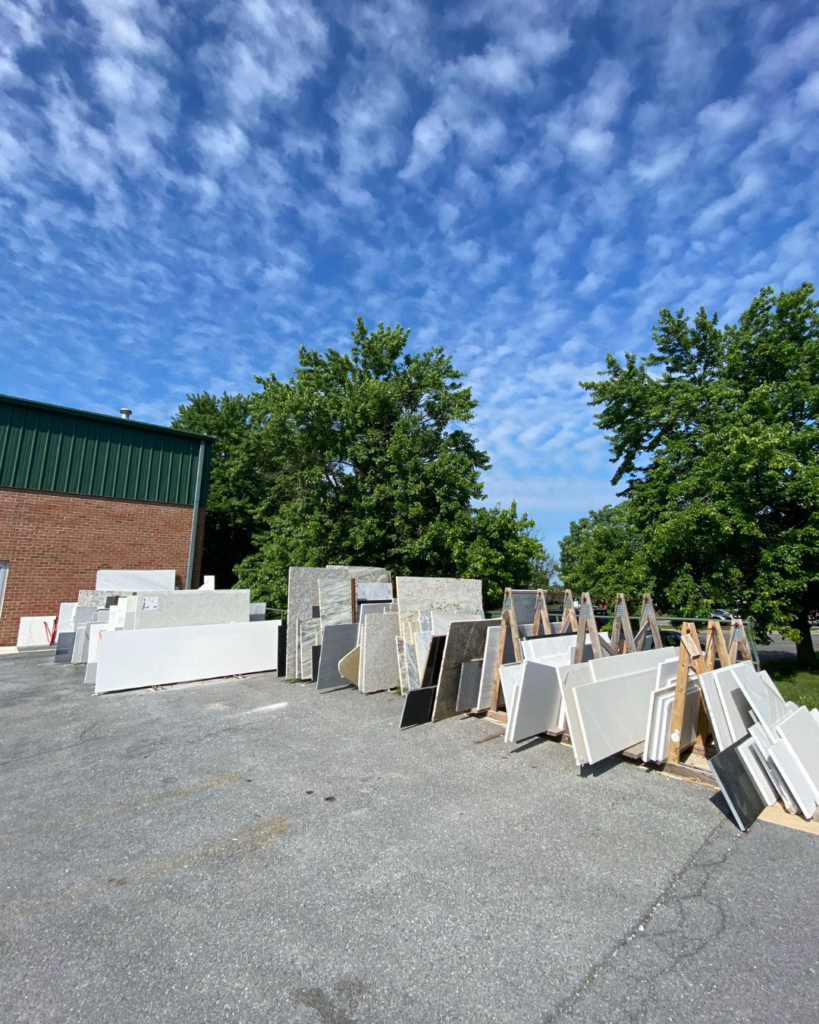
- Cost:
The cost of granite and quartz countertops can vary depending on the quality, color, and thickness of the material. Generally, granite is more expensive than quartz because it is a natural stone that requires mining and transportation. Quartz is an engineered material that can be produced in a factory, which makes it less expensive than granite.
In conclusion, both granite and quartz are excellent materials for kitchen and bathroom countertops. Granite has a natural and unique appearance and is heat-resistant, but it requires regular maintenance and sealing. Quartz has a consistent appearance and is low maintenance, but it can be damaged by high temperatures. Ultimately, the choice between granite and quartz comes down to personal preference, budget, and the specific needs of your home.
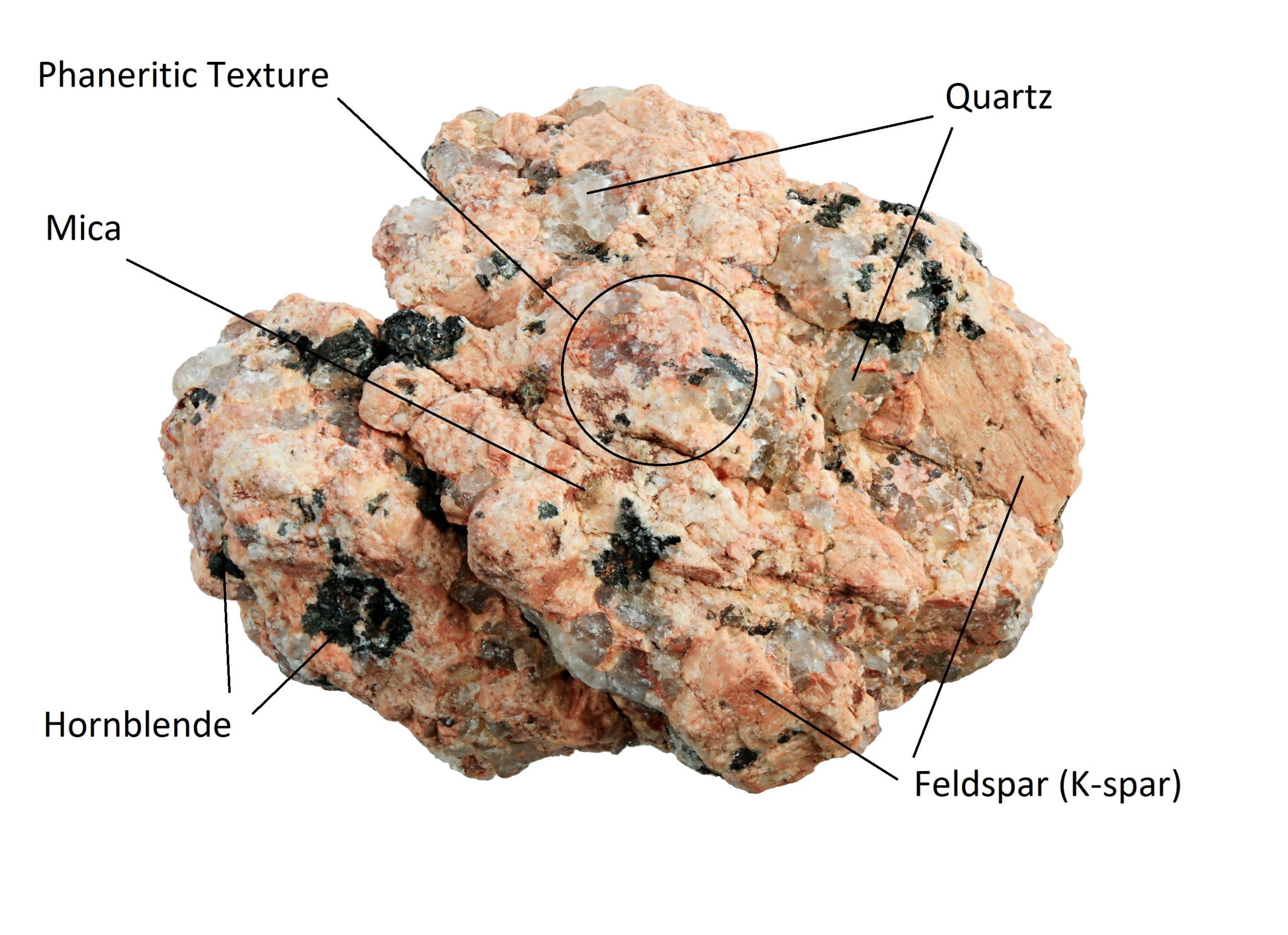
One Response
Great article. I am facing some of these issues as well..